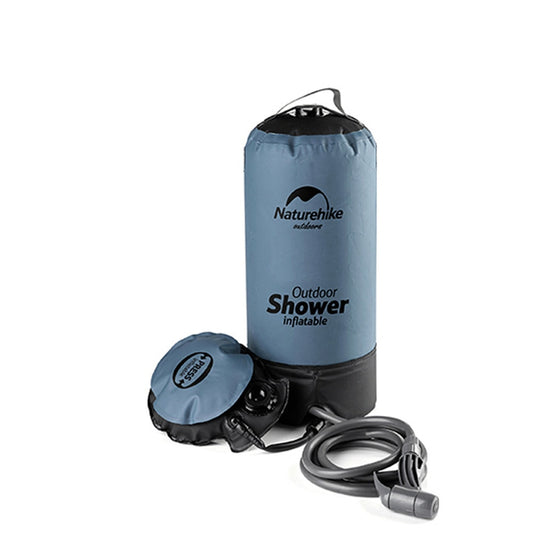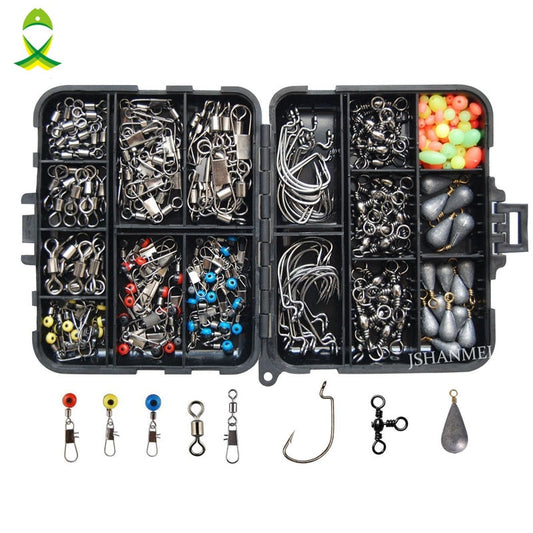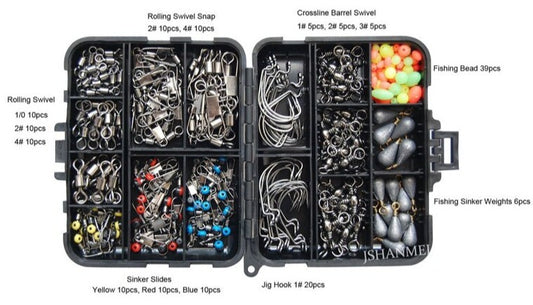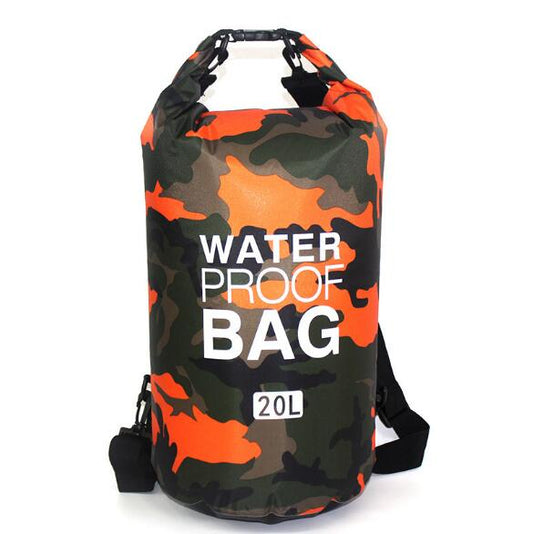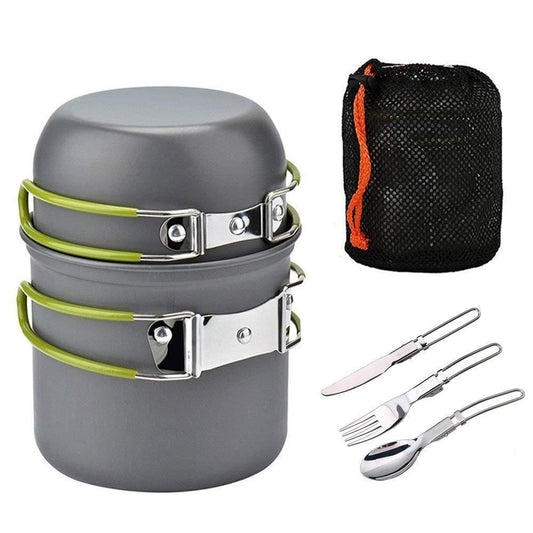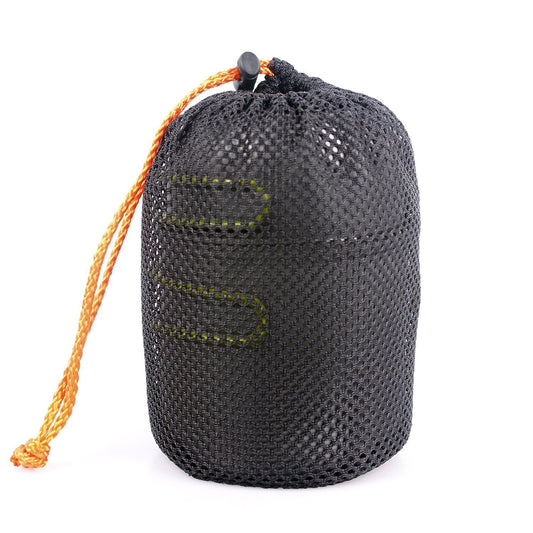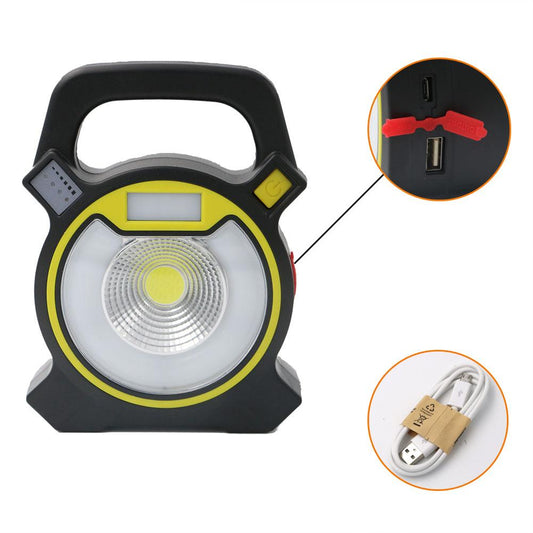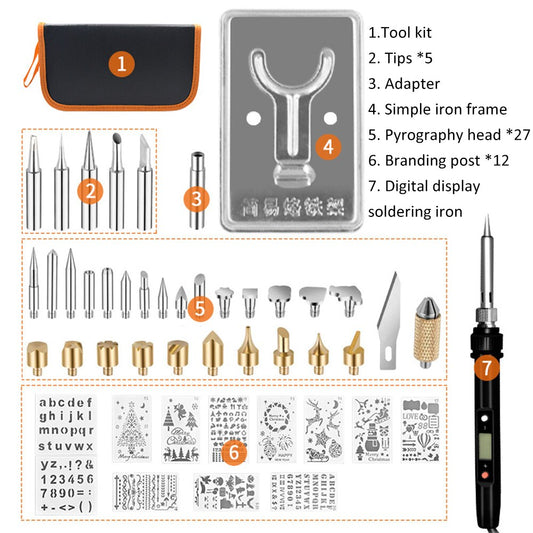
How To Survive Everything Apocalyptic, Part 1
Share
Economy collapsing? Zombies attacking you? All your friends and family killed by the epidemic? No worries, I got your back with this guide on How To Survive Everything Apocalyptic.
Most people make decisions due to the influence and actions of others, but if you make your choices with these basic principles of cultural values and beliefs you'll be able to survive everything.
Why are property rights fundamental to economics? How can you determine the missed profit on missed opportunities? How can you start thriving in life through the use of trades?
Many spend most of their time in survival mode which dooms them with little hope to move from surviving to thriving for a better life. Learn more about economics, resources, productivity, gains from trade and economic growth. Don't forget about motivated leaders and not allowing the breakdown of social order.
Would you rather be safe and secure, but lose some of your freedoms OR have free-will and have no security left to protect you?
To have a successful community survivors would need to choose to cooperate with each other, be fair about resources and choose rules to handle conflicts easily, but fairly.
Without the right to life, liberty, property and the pursuit of happiness, our modern world will start swirling down the drain.
In a world of post-apocalyptical disaster, you'll need to analyze the dynamics of relationships to discover those with sound reasoning that can be approached to improve standards of living. Creating a functioning community with understanding of others situations, then coming together to not only survive, but thrive in the new world you're creating.
Now back to reality, most countries have created a fairly stable economy with options for growth and prosperity. There are usually reasonable systems of laws in place based on the rights to life, liberty and pursuit of happiness.
If the different communities show basic respect for those rules and laws that are in place they can move about freely, pursuing their dreams of achieving their personal goals with minimum concern about having to protect themselves, their home and their families.
What would you do if you were launched into a world with no laws or rules in place? No reliable streams of outside information, protection and no government to tap into when you need their resources for survival. Trash building up along the streets, random acts of violence, plundering with no sense of safety.
Using economic reasoning as a tool to improve your life and help others as well is essential to keep a safe and productive environment to live. Most people will have the desire to work with you, so they can meet their own personal goals. Even the day-to-day survival is easier when working with others, such as; gathering food, working, staying fit, being connected with nature and getting a good nights sleep.
However, be aware that every choice to work with someone will come with a cost of some sort. Sometimes that cost is monetary, but most of the time it won't be. In a survival situation, you will be living in a world of scarcity with limited access to the available resources to utilize in different ways in meeting basic needs, wants and providing comforts and security. You'll need to make important choices on how these resources are used to produce the highest perceived benefits for the lowest realized cost.
Another choice you'll need to make to survive an apocalypse is knowing when you need to flee when danger arrives and when you stay to fight. Weighing the costs against the benefits of the two choices you are faced with in a split second.
Each individual will need to examine their own specialized set of skills, knowledge and past experiences, so they can determine if they can deliver the highest possible benefit of their decisions with the lowest cost. Basically, by using economic reasoning, the individual is impacted by the actions and decisions made by the others in the community.
What economists have found interesting is that individuals often discover that cooperating with others and looking out for their interests are simultaneously in their own and others’ best interest, especially over long periods of time.
It's important to create an environment which provides a relatively safe place to stay with food, weapons, ammunition and medicine. After these are established you can redirect your energy towards planting gardens, developing friendships, discussing how to build a better future, how to find solutions in eliminating dangers and delegate leader roles and responsibilities.
Each person needs to do their part to be sure their cost in the community doesn't outweigh the advantages of them being there or a serious threat of being forced out of the community will be enforced.
Of course conflicts will arise and will need to be dealt with as some will choose conflict over cooperation at the expense of others valuable resources. In a thriving community, these resources are sacred and could have been used in a more strategic way for the betterment of the individuals involved and in the foundation of the thriving community as a whole.
When acting in one's self-interest, you must consider how your actions impact the lives of others and how their response to your actions will impact yours. If everyone keeps this in mind, most decisions with self-interest in mind, can be mutually beneficial to all individuals involved.
Economists often talk about the principle of comparative advantage. This explains how mutually beneficial exchanges can open doors for people with different skills, experiences and knowledge to work together improving their standard of living.
A person is said to be more valuable to the community if they can do something at a lower opportunity cost than others. If an individual focuses on achieving activities more economically, the group as a whole will be able to produce more than what is otherwise possible creating an opportunity for bartering for resources that you don't' have access to.
You don't have to like the others that you do these exchanges with, you just need to make sure the trade provides equal value to improve the lives in your community. Equally, its important to discover the qualities of each person and appoint them to those roles, so you don't waste their talents and the opportunity of them discovering
If you don't feel like you have something valuable to contribute to your community, don't worry, there are a lot of ways you can grow and improve your advantages and decrease your cost to the community. You can perform services, completes tasks and produces things that others find menial, but important for survival. Some of these would b keeping a watchful eye on the children, preparing meals and tend to the sick and injured. When individuals in a group prove value in those types of tasks the increase their comparative advantage to the group and everyone is better off at the lower possible cost you now have to the community.
What if the post-apocalyptic community has no money, no monetary value. Markets and online shopping simply doesn't exist. You would turn to humans, who are making all of the decisions in a world of scarcity. Economics can still help shed light on how people can cooperate and improve the world that they have now survived and are thriving in.
Knowing the basics of economics can help us to reflect on the costs associated with what is lost by choosing to accept one opportunity and no accepting the next best opportunity. Sometimes choices can be costly. Both choices may provide benefits, but at what cost to you and at what cost to your community.
Choosing to respect the community with your choices can reduce your cost to the community and lead to the creation of a thriving society. Help yourself by helping others with time, gratitude and resources. The economy of the group will continue to prosper as long as positive trades continue.
I hope you enjoyed the part 1 of how to survive everything apocalyptic. Stay tuned, part 2 is coming soon. If you're looking for survival gear be sure to visit our Prepping and Survival collection.





